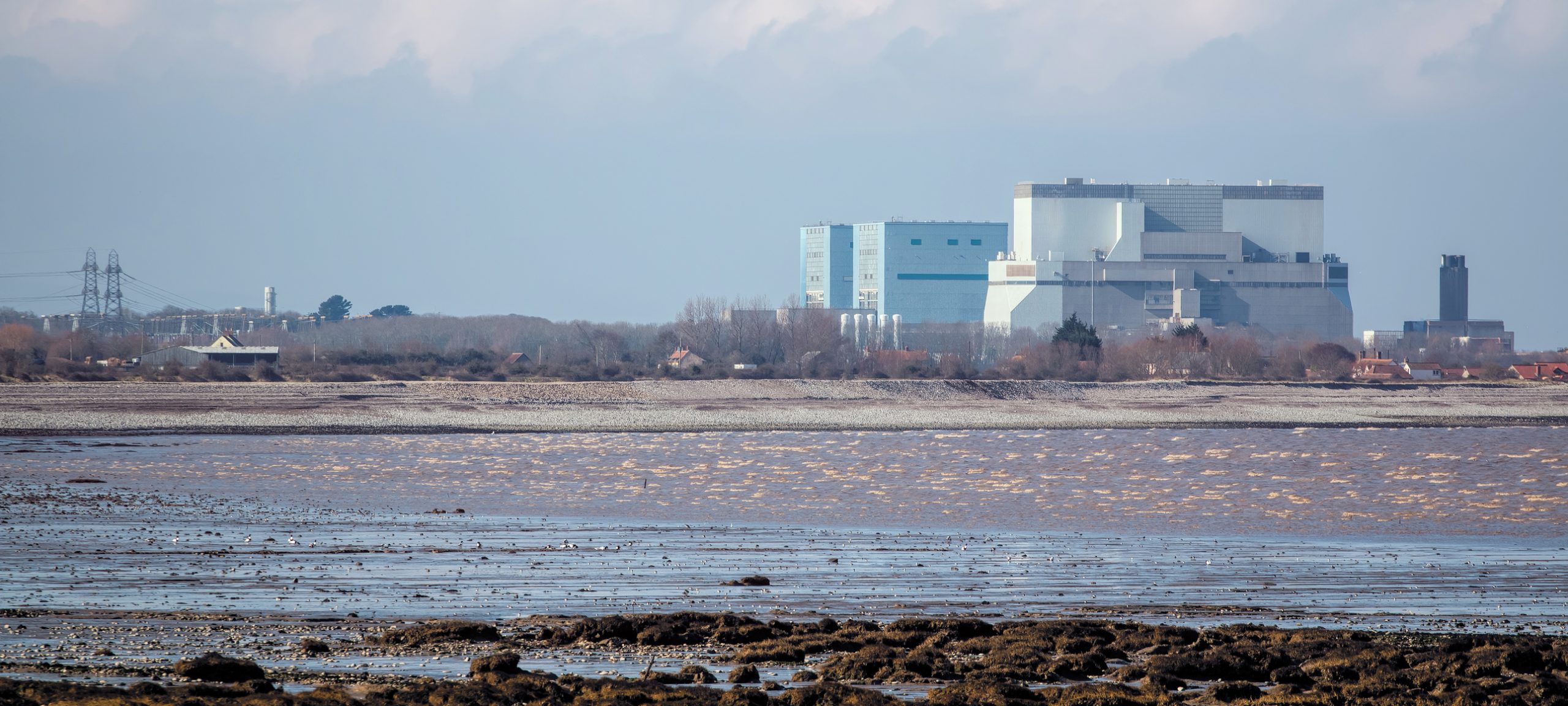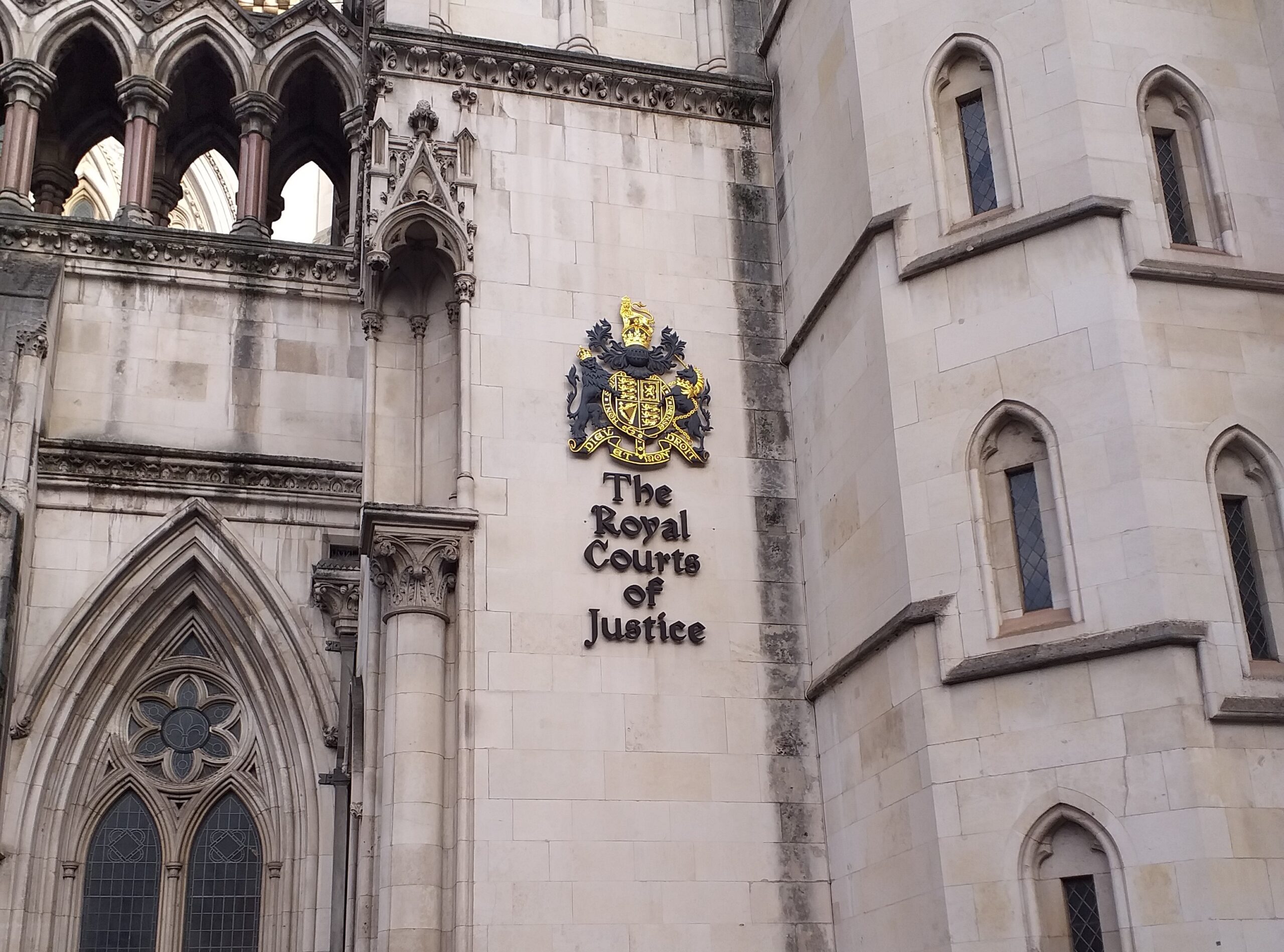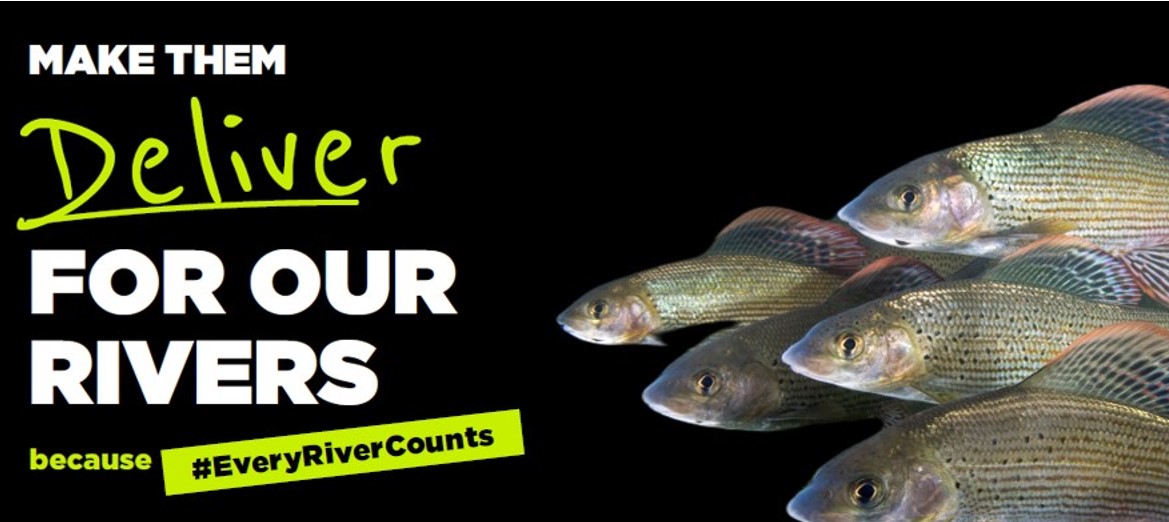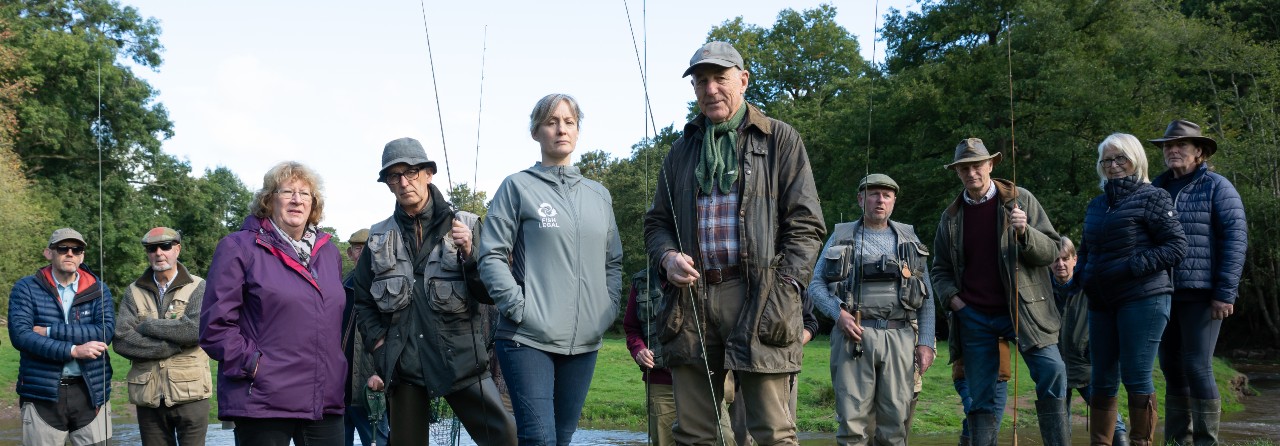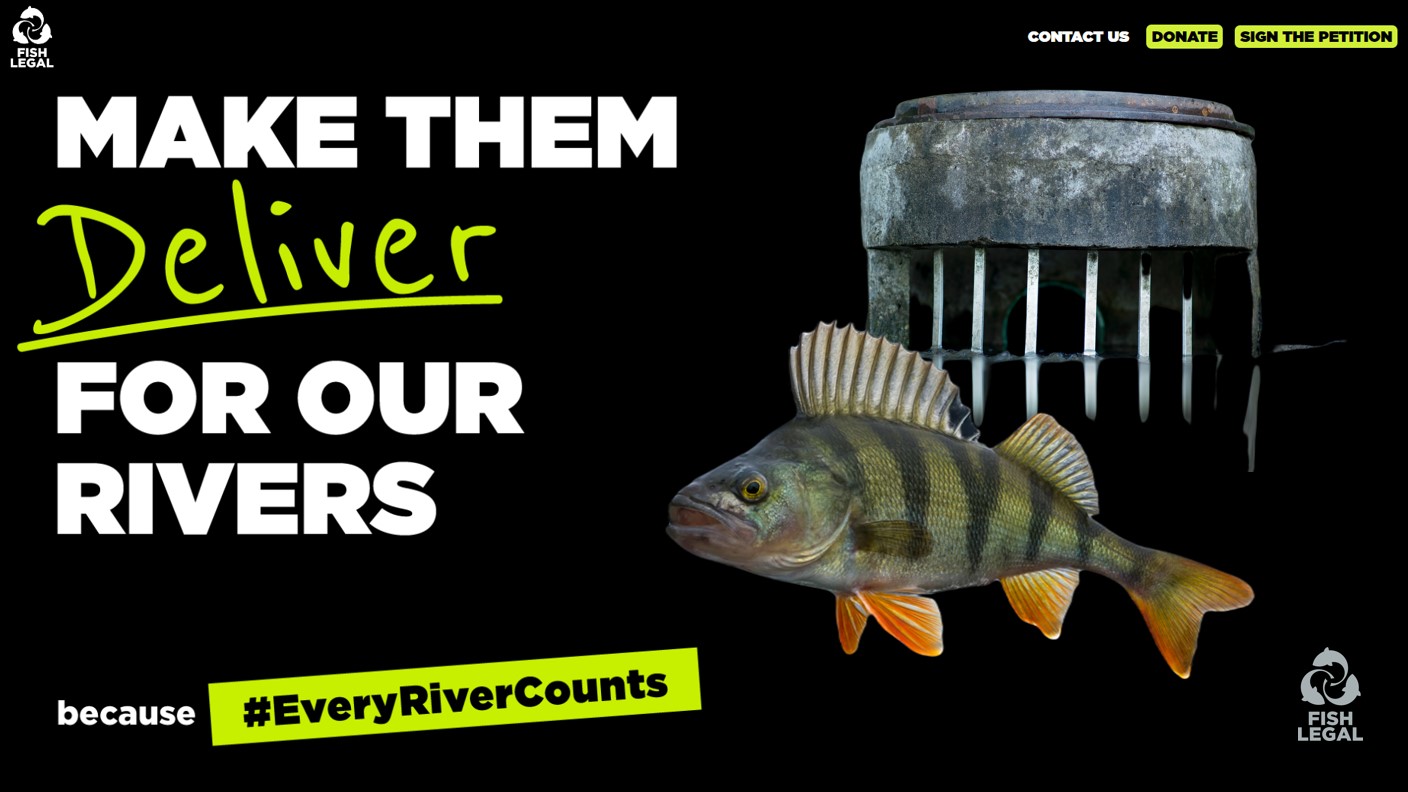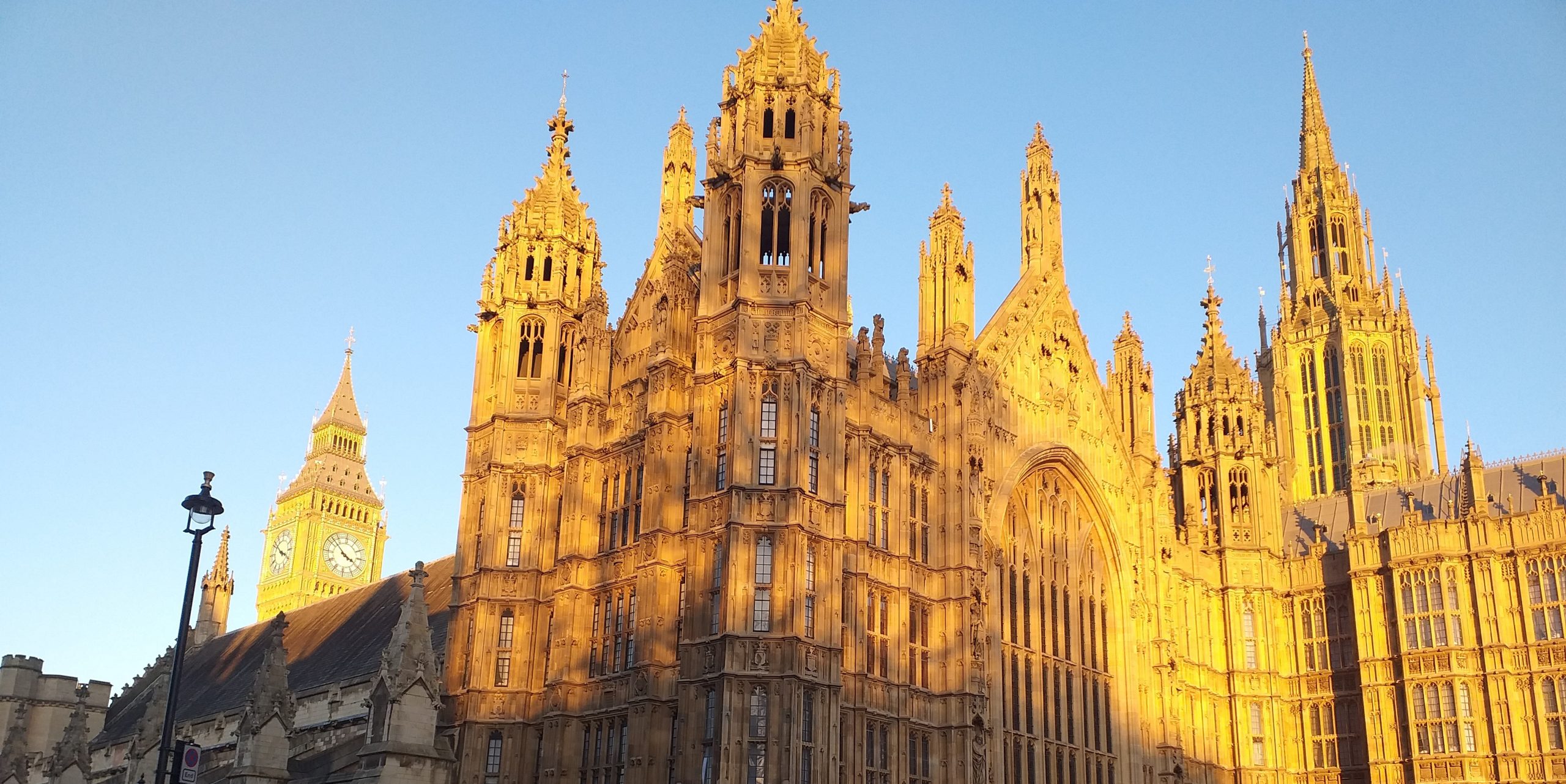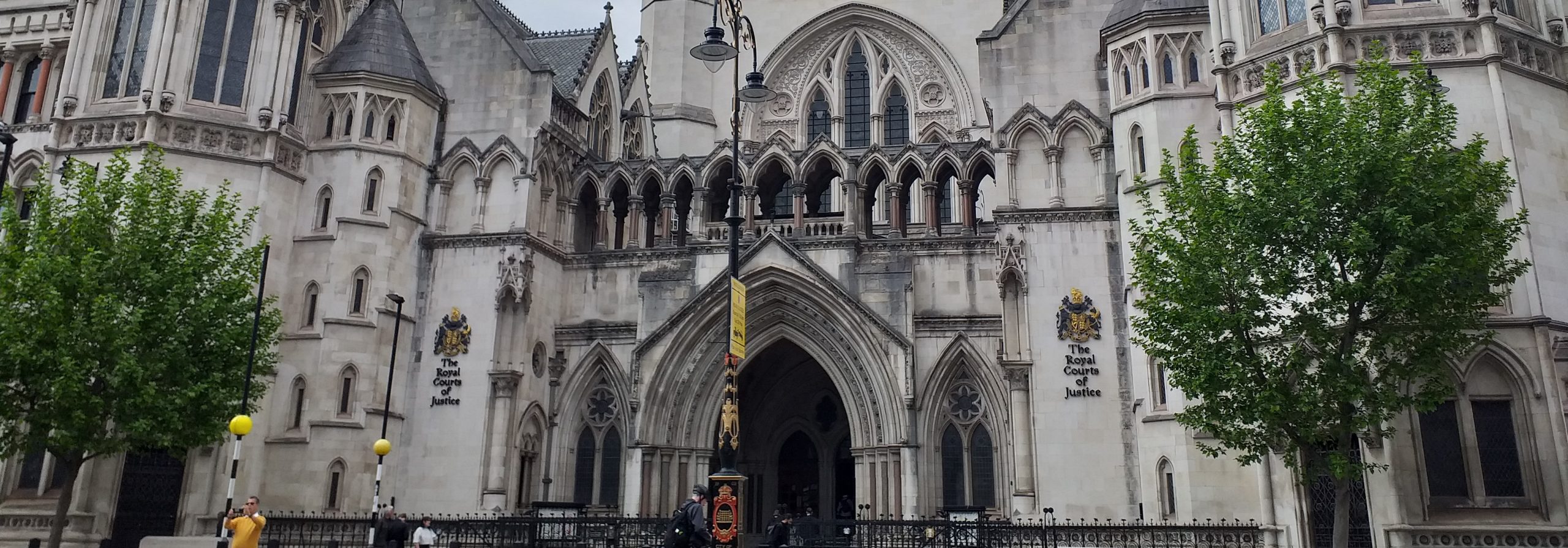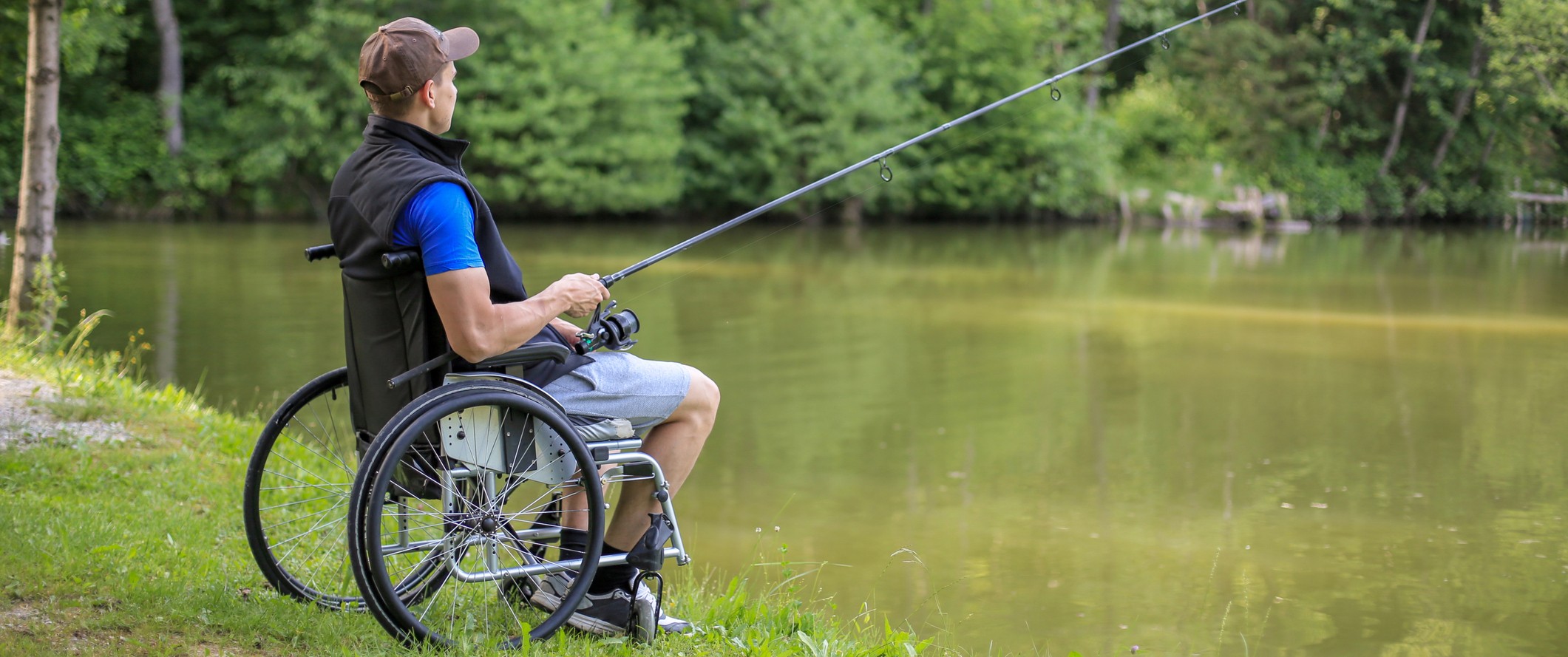News
Nuclear Power Company Refuses To Answer Questions About Environmental Impacts
The company building a new nuclear power plant at Hinkley Point in Somerset has refused to disclose information about its potential environmental impact, despite being subject to the same information laws as British utilities.
NNB Generation Company (HPC) Limited had been asked to provide information about its decision to drop key environmental protection measures for fish at its new plant at Hinkley Point C. The company – which is majority owned by French energy giant EDF, with a minority stake held by China General Nuclear Power Group (CGN) – has responded to confirm that it does not consider itself to be subject to laws that require other private UK utilities to disclose this type of environmental information.
Initial plans for Hinkley Point C included an acoustic fish deterrent on the plant’s cooling water intake in the Severn Estuary. However, NNB Generation Company (HPC) Limited now intends to apply to the Secretary of State for Energy Security and Net Zero to remove this fish protection measure.
Anglers, scientists and environmentalists fear the move could risk extinction of local populations of already threatened and highly protected fish species such as Atlantic salmon and Twaite shad migrating in and out of the rivers Wye, Usk and Severn. Researchers have calculated that the estimated annual capture rate (impingement) of the system will be over 182 million fish, and it is likely that many of these will not survive.
Acting on behalf of its angler members, Fish Legal requested specific information about the company’s plans and mitigation measures under the Environmental Information Regulations. NNB Generation Company (HPC) Limited refused the request. Fish Legal is therefore referring the matter to the Information Commissioner.
Fish Legal solicitor, Geoff Hardy, said: “NNB’s move to drop key protection measures at the Hinkley Point C water intake could be devastating for resident and migratory fish populations in the Severn Estuary, particularly already endangered species such as Atlantic salmon, shad and European eels.”
He added: “We suspect that this company holds critical information about the likely environmental effects of its plan and the effectiveness of the mitigation it is proposing, but it is stonewalling us. No company, whether UK or foreign owned, should be allowed to damage wildlife for profit without public scrutiny. We also want to know what role the UK Government and its agencies played in the decision-making process that could lead to local fish populations becoming extinct.”
Penelope Gane, Fish Legal’s Head of Practice said:
“Fish Legal has spent many years challenging British utilities so that anglers and the wider public have the right to know about the environmental impacts of their operations. We cannot stress enough how important those hard-fought legal victories were. Without that right to information, water companies and other huge utilities could carry about their business without public scrutiny. It seems this fight is not quite over yet.”
